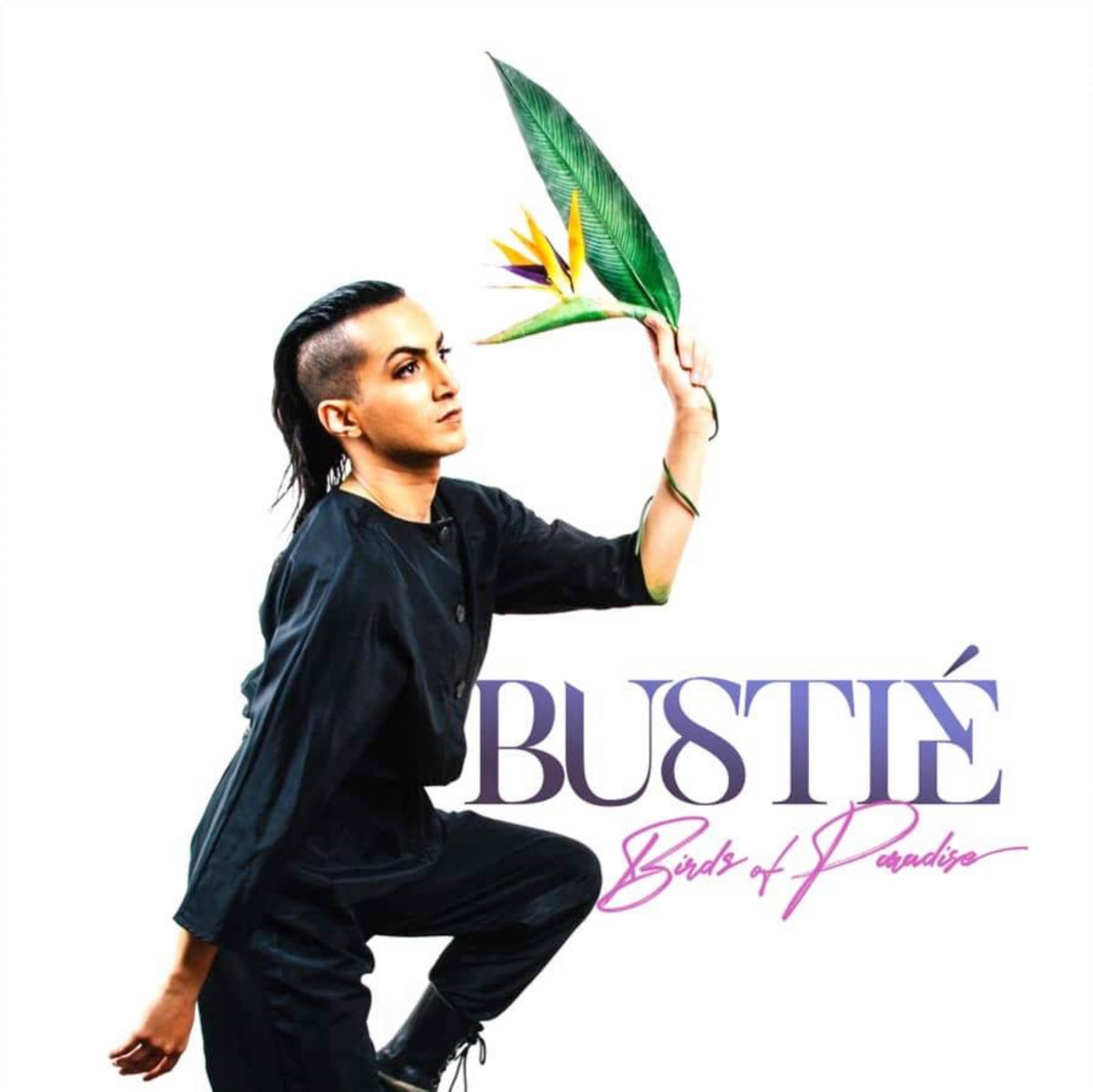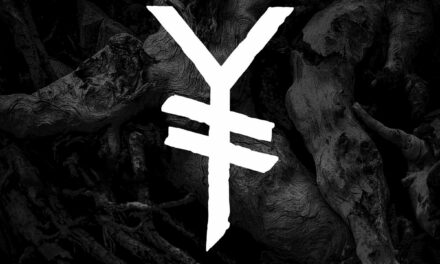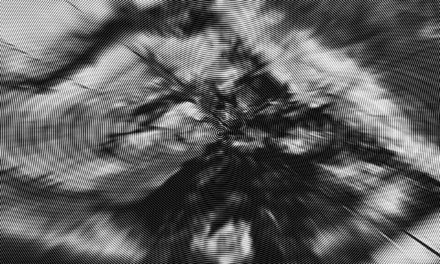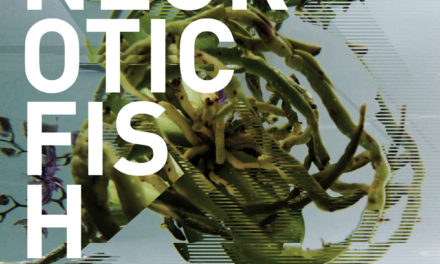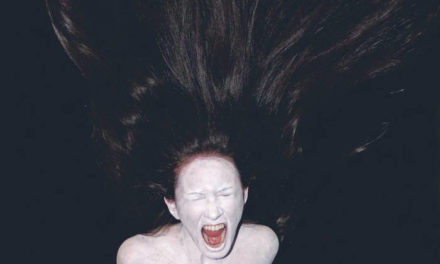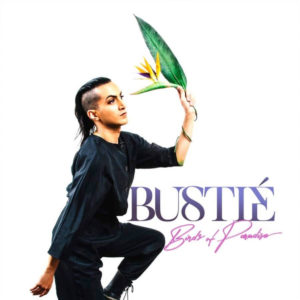
Bustié
Birds Of Paradise
Climax!
Latin freestyle and deathrock may not have much in common historically, but the idiosyncratic aesthetic of Bustié sets out to change that. The LA project has been germinating over the past few years after the end of synthpunk outfit Ssleaze, and after a handful of tracks here and there Birds Of Paradise presents ex-Ssleazist Angie’s vision of “anarcho body music”. Whatever the provenance of its influences, the resulting release is a tight and catchy set of tunes replete with personality.
The backstory of Angie’s shared fascinations with classic deathrock (their “Pogo Pope” alias nods to Rudimentary Peni, of course, but hints of Rozz Williams’ catty bleat can be found here and there in the vocals) and summery freestyle beats coming together on this record sounds more outré in theory than it is in practice. The combination of dirge-ish, flanged programming and lithe but thudding drums ends up feeling somewhat sympatico with millennial electroclash, or at least the practitioners of it who were conversant in EBM and acid (Magas). A track like “Troth” does a good job of showcasing Birds Of Paradise‘s propensity for inspiring simultaneous moping and booty shaking, and with eleven tracks slinking by in just thirty-seven minutes, there are plenty of recombinations of both elements.
But Angie’s vocal presence on that track and the rest of the album can’t be understated. Pitched, tuned, echoed and layered to suit just about any purpose or register, they hold sway over the whole record. It’s a varied feast thematically, too: compare the racial politics of “Inferior & Slain” with the extended queen bee analogy in “Negative One”. Factor in a flair for the erotic which moves between the sleazy and spiritual with ease, and it becomes easy to read Birds Of Paradise as the presentation of a personality in a way that owes more to classic pop than any singer-songwriter auteur, regardless of genre.
That Birds Of Paradise ends up as a unified whole more than the sum of its points of inspiration says something not only about the flexibility of seemingly homeostatic sounds but also Angie’s commanding charisma. Bustié feels like a natural ordering of music to suit the latter, and it’s only when you start teasing out individual sounds and styles of origin that its hybrid lineage really comes into focus. You’re certainly welcome to do that, of course, but it’s probably better to just let the whole melange wash over you.

